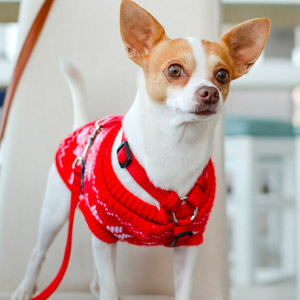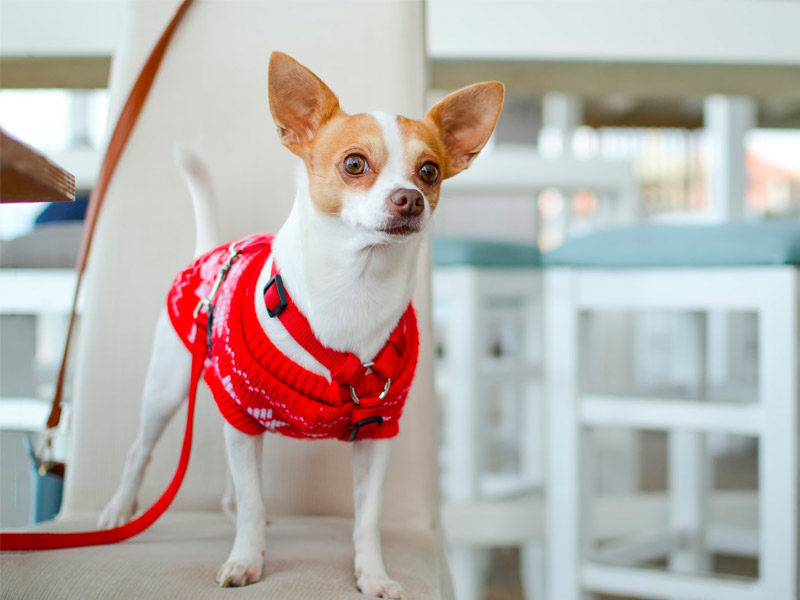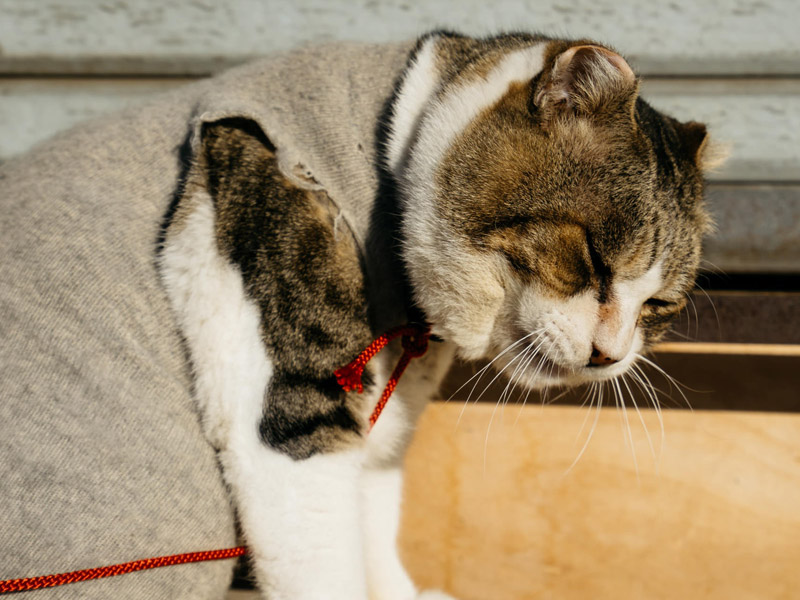Cold Weather Safety Tips for Pets

Cold weather safety tips for pets — but in the South? You bet. Even though the cold weather here is pretty mild compared to Colorado or Minnesota, our Low Country pets still need to be kept warm in chillier weather than they’re used to.
With some help from the ASPCA’s website, we’ve pulled together tips to help you care for your pets in cold weather. This article is for both dogs and cats.

Dogs
- Be sure to wipe your pet’s paws when they come indoors after walking in snow (it happened in Summerville in 2012, so it could happen again), rain, or ice. If they lick their paws, they could potentially ingest harmful chemicals such as antifreeze and salts used on roads. Bonus, remember to wipe their belly, too.
- Always keep your dog on their leash with identifying tags on their collar. Dogs have a more difficult time tracking scents in the winter time, especially in snow (it really could happen again — be prepared 😉). They can get lost more easily if they do make it off of their leash.
- Keep your dog appropriately covered during the winter months. For example, purchase a dog sweater or jacket. In addition, do not shave your long haired dog during the winter. They rely on their coat to keep them warm. If you have a short haired dog, they will rely on you — their only caregiver and sweater shopper — to keep them warm.
- Limit bathing frequency in winter months. It can remove essential oils needed to keep their skin from getting dry and flaky. If you do bathe your dog, be sure to dry them completely before going for a walk. Before going outside for that walk, be sure their coat is completely dry.
- For dogs who are active outdoors during winter months, pet owners should be sure to increase their food supply, particularly their protein consumption. Check with your vet for the best way to do this for your particular pet.
Cats

- If you can keep your cat indoors during cold weather, it is advised. There is a possibility that he or she, without a way to get back inside, could freeze if left outside.
- Another cold-related problem for cats is frostbite. If your cat is accidentally left outside, the result could be frostbite. If this happens, remember that frozen tissue should never be rubbed. This causes additional tissue damage. Prompt veterinary treatment is needed.
- In the winter time, outdoor cats often find shelter and sleep under the hoods of cars. Remember to make a loud noise near the hood before starting your car to give a cat the opportunity to escape.
All Pets – Cold Weather Safety Tips for Pets
- Consider keeping your home humidified. Just like with humans, the change in air from inside to outside can cause dry, flaky and itchy skin.
- Provide a warm, safe place for your pets to sleep in the winter time such as a soft dog bed and blanket.
- Don’t ever leave your pet in your car alone in cold weather. During the winter months, your car traps in cold air and pets could potentially freeze.
- Some pets are more sensitive to colder weather because of their age, breed, or illnesses. During the cold months, limit your sensitive pet’s exposure to the weather by keeping them indoors with the exception of potty breaks.
For more information about this subject or general questions you can contact:
Courie Dennis with Posh Paws Pet Care, LLC
843.900.0438
Visit our website at PoshPawsPetCareSC.com
Or send us a note from our contact page here.
Courie Dennis with Posh Paws Pet Care, LLC
843.900.0438
Visit our website at PoshPawsPetCareSC.com
Or send us a note from our contact page here.
